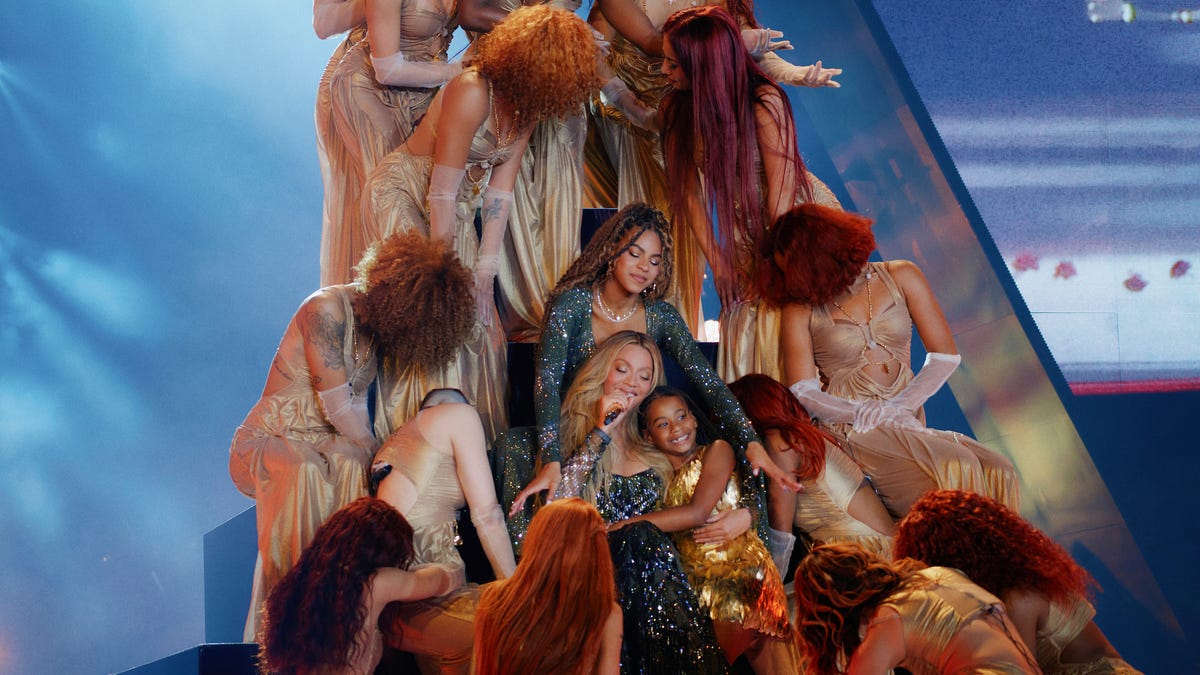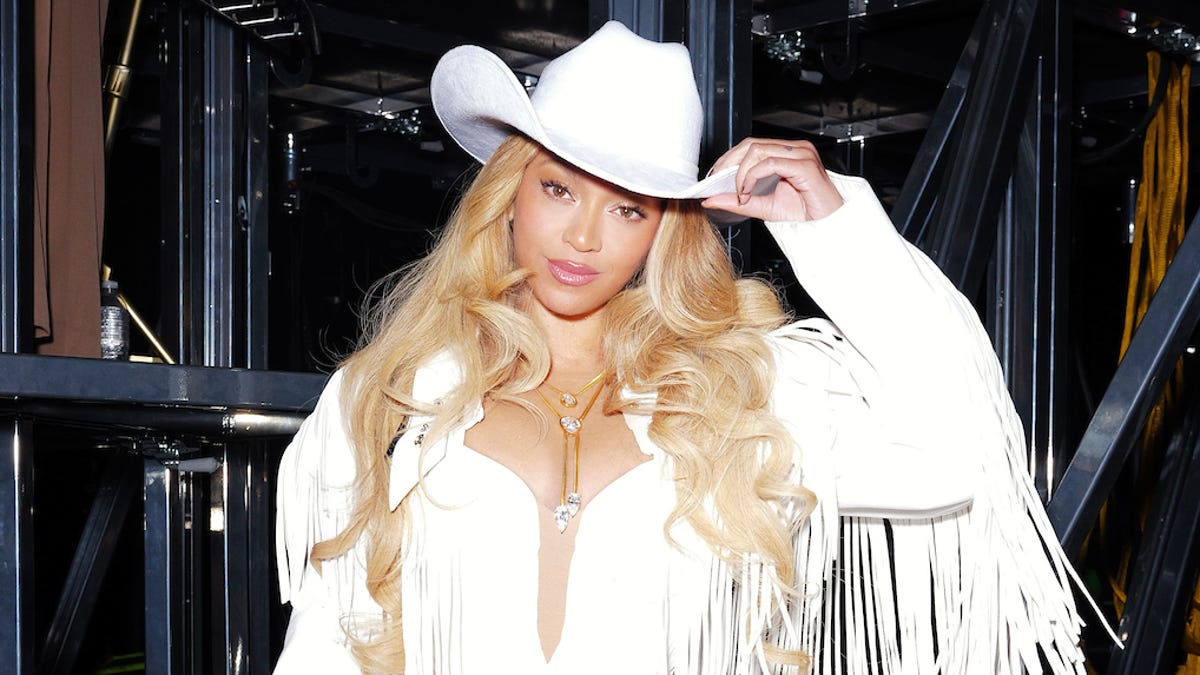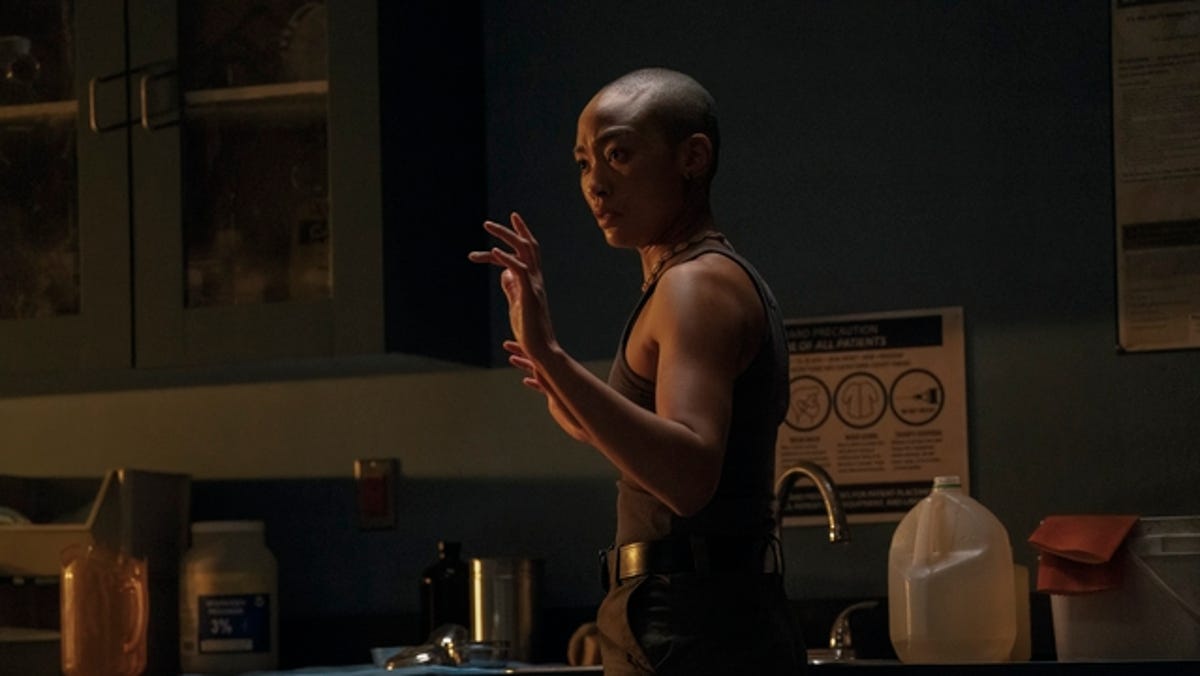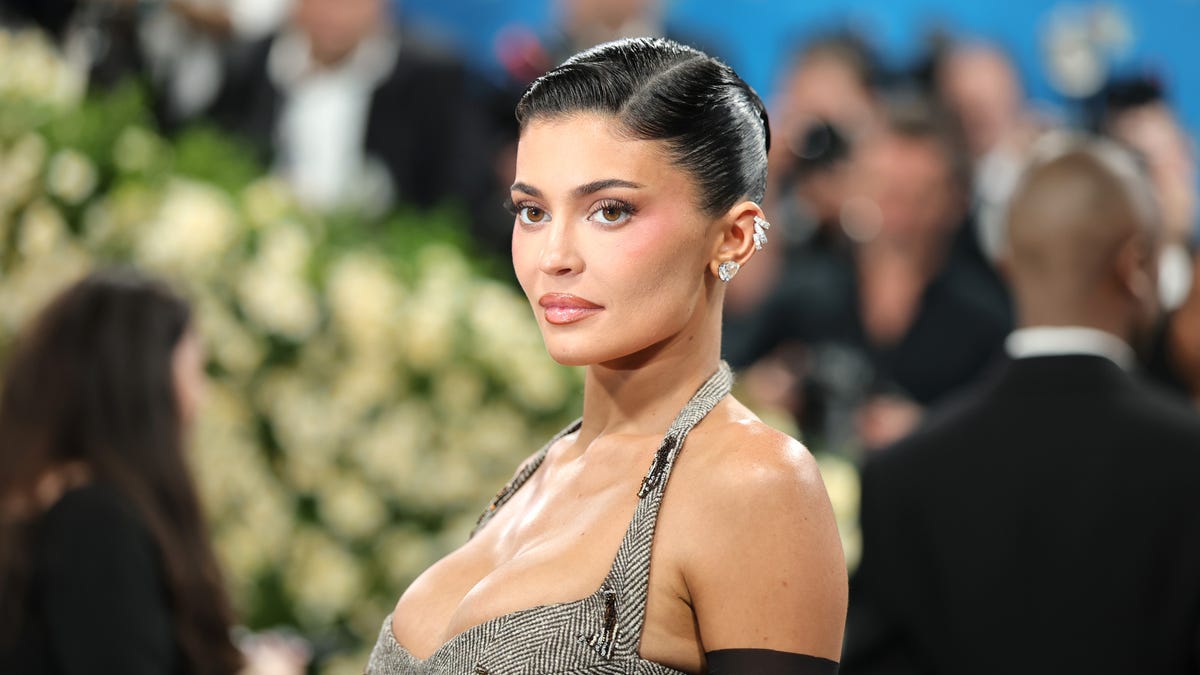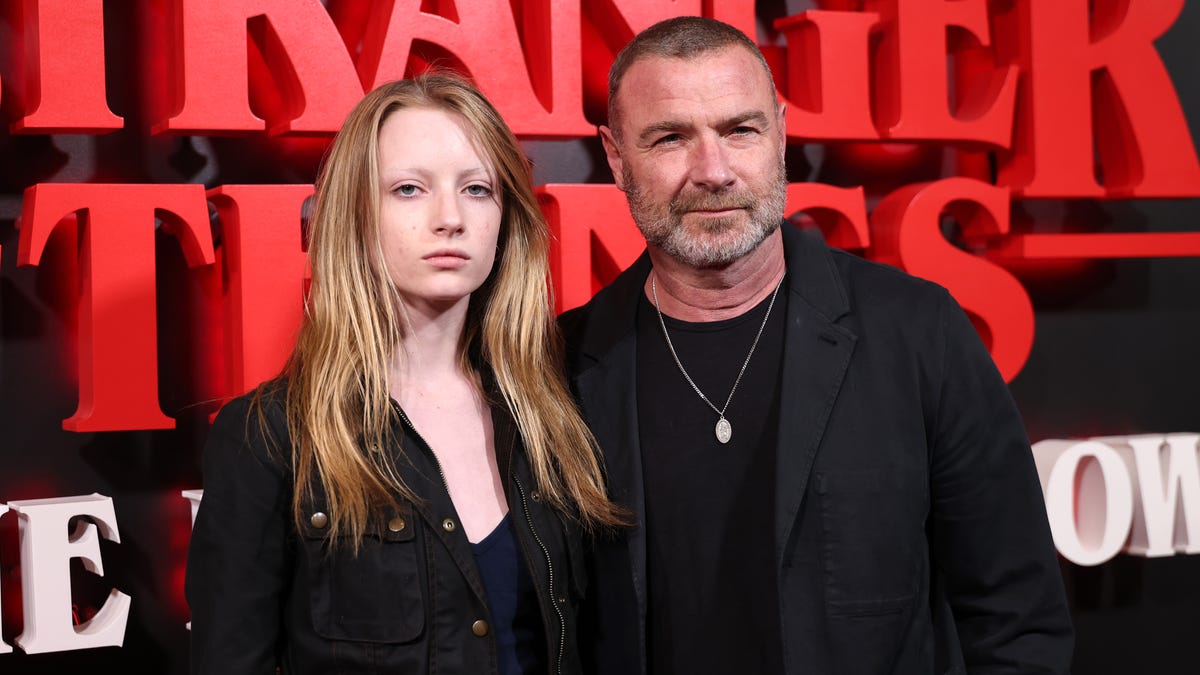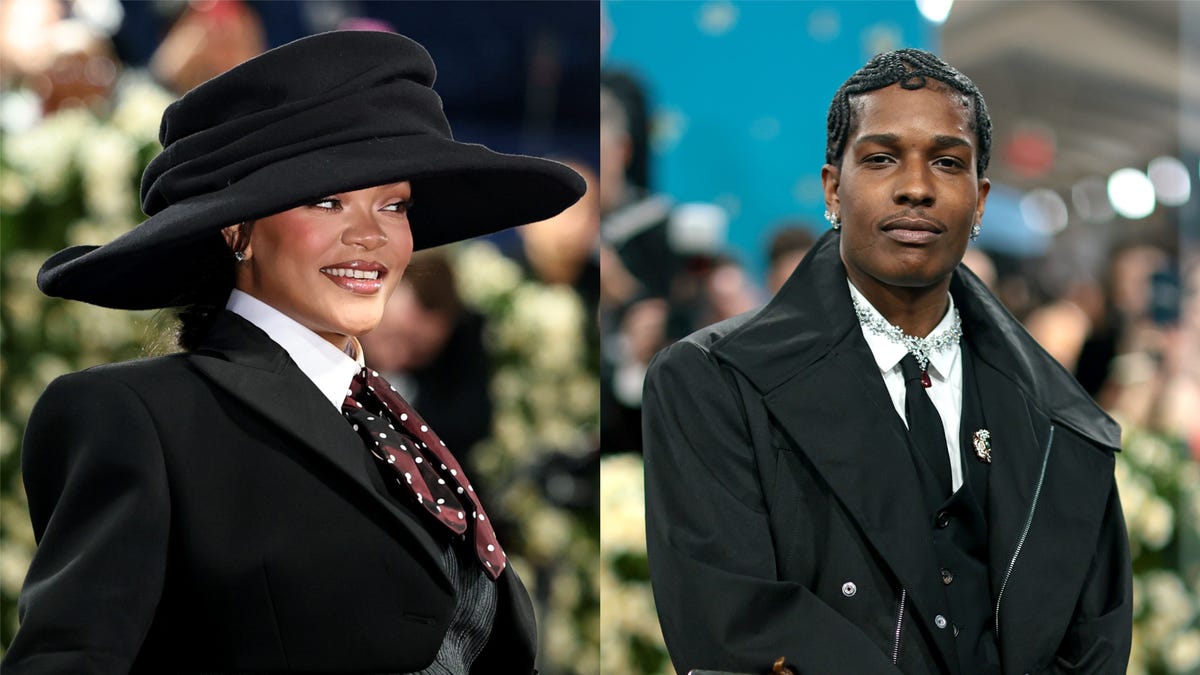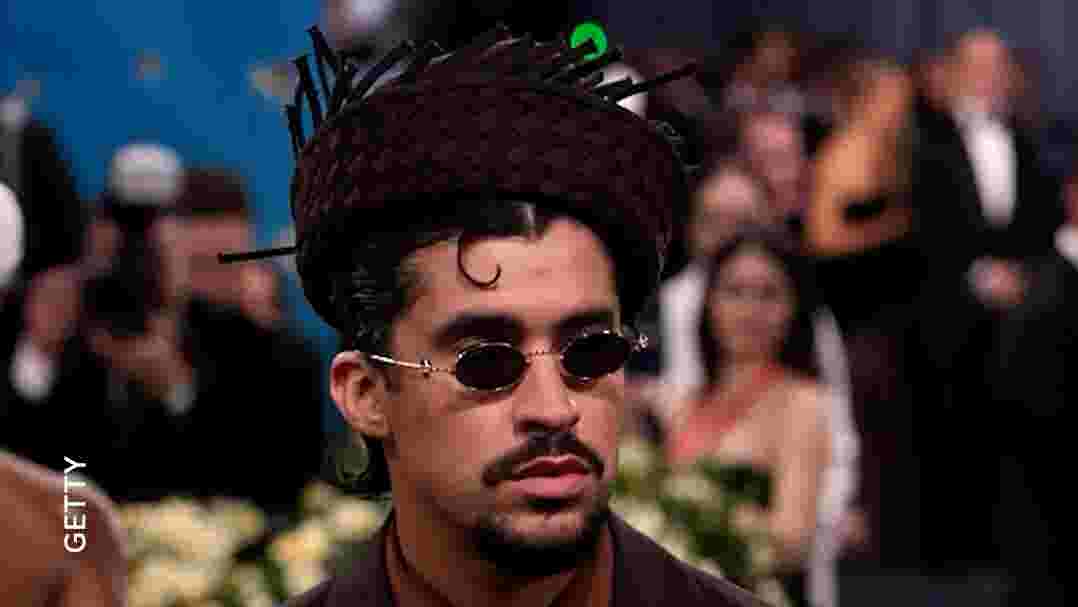Beyoncé-Knowles-Carter has officially completed her first “Cowboy Carter” tour stop in Los Angeles, and the first string of shows brought out some of the biggest names in Hollywood and many notable guests.
The Grammy-winning singer kicked off her tour on April 28 with the first of five shows at SoFi Stadium. The final show took place May 9. The groundbreaking concert proved to be spectacle of many things including fashion, different music genres and most notably country music and cultural commentary.
Of course, Beyoncé’s core circle, including her husband, Jay-Z, her mom, Tina Knowles, and her close friend singer Kelly Rowland, were amongst those to attend multiple nights. However, other guests included some of biggest power players in the industry.
Meghan Markle and Prince Harry
The Duke and Duchess of Sussex attended the fifth and final show in Los Angeles on May 9. After the concert at SoFi Stadium, Beyoncé updated her official site with a photo of Harry and Meghan in private section of the venue. Harry made sure to bring the western-wear as he rocked a cowboy hat with his ensemble.
Gayle King, Tyler Perry, Oprah Winfrey
Oprah Winfrey, Gayle King and Tyler Perry were among those at opening night. King posted on Instagram about the event, saying “You meet the nicest people at a Beyoncé concert.”
Gabrielle Union
Actress Gabrielle Union made sure to post her “Cowboy Carter” Instragram dump as she showed off her western-wear and clips from the show. In the caption she wrote, “this ain’t Texas, but Beyoncé made it feel like it.”
And she wasn’t the only one to share an elaborate slideshow of her experience at the Los Angeles show.
Brie Larson, Reneé Rapp
Actresses Brie Larson and Reneé Rap were all smiles as they posed together at the show. Larson posted to her Instagram saying, “It’s a real life boogie and real life hoedown,” which are the lyrics to Beyoncé hit single “Texas Hold ‘Em.”
‘Texas Hold ‘Em’ producer Killah B
“Texas Hold ‘Em” producer Killah B also attended the concert, and posted to his Instagram to share his reaction to witnessing the history-making tune.
“Had a great time watching the queen Beyoncé perform Texas Hold ‘Em and watching everybody recite it word for word, definitely another dream come true!!”
Jennifer Hudson, Olympic gymnast Jordan Chiles, more
Talk show host Jennifer Hudson, Olympic gymnast Jordan Chiles and Kevin of the South Korean boy band The Boyz were also among those spotted at the Los Angles leg of the tour.
L.A. firefighter Sheila Kelliher Berkoh
One more notable guest that fans noticed was Sheila Kelliher Berkoh — the L.A. firefighter who presented Beyoncé with the album of the year award at the 2025 Grammy Awards.
It’s unclear if Berkoh received backstage access; but she posted on her Instagram about watching the stellar show from the pit section close to the stage.
The nine-city tour will span the U.S. and Europe with the grand finale taking place in Las Vegas on July 26. Beyoncé has already made history with her scheduled tour dates, including by playing the most dates at SoFi Stadium of any artist. Her next stop will be in Chicago on May 15.
Follow Caché McClay, the USA TODAY Network’s Beyoncé Knowles-Carter reporter, on Instagram, TikTok and X as @cachemcclay.

